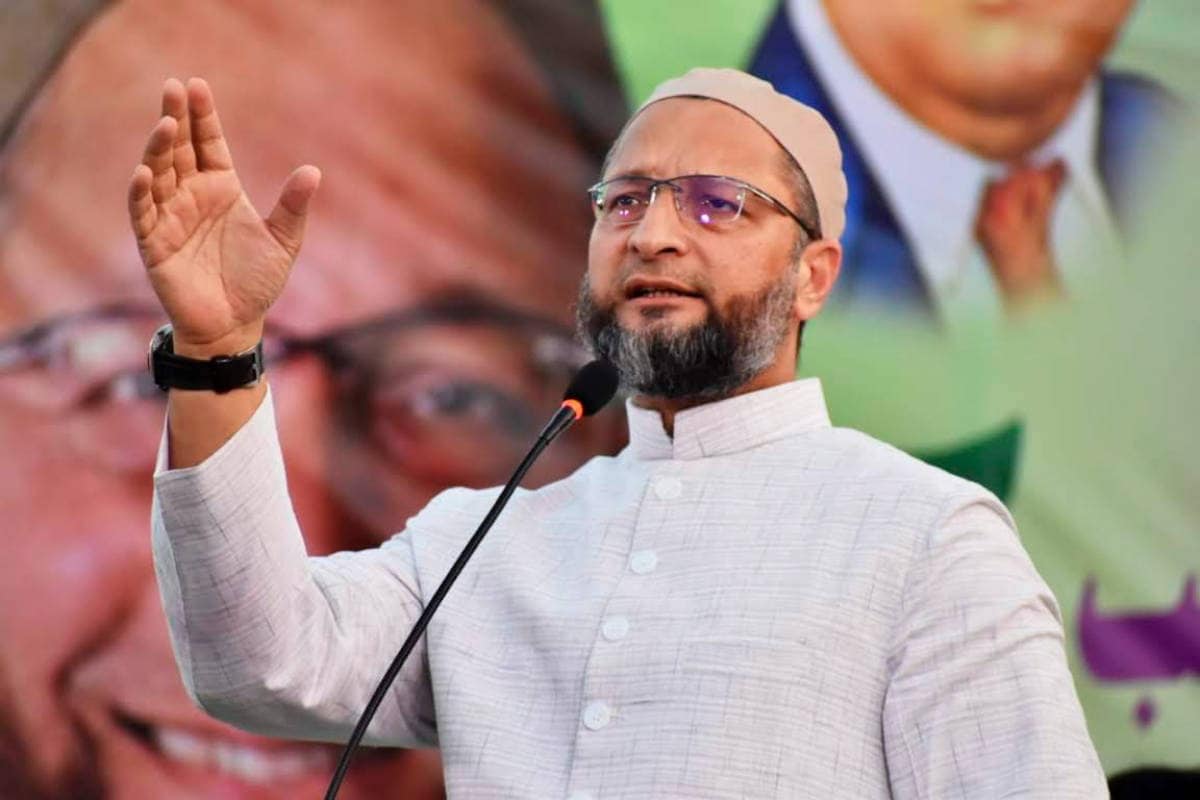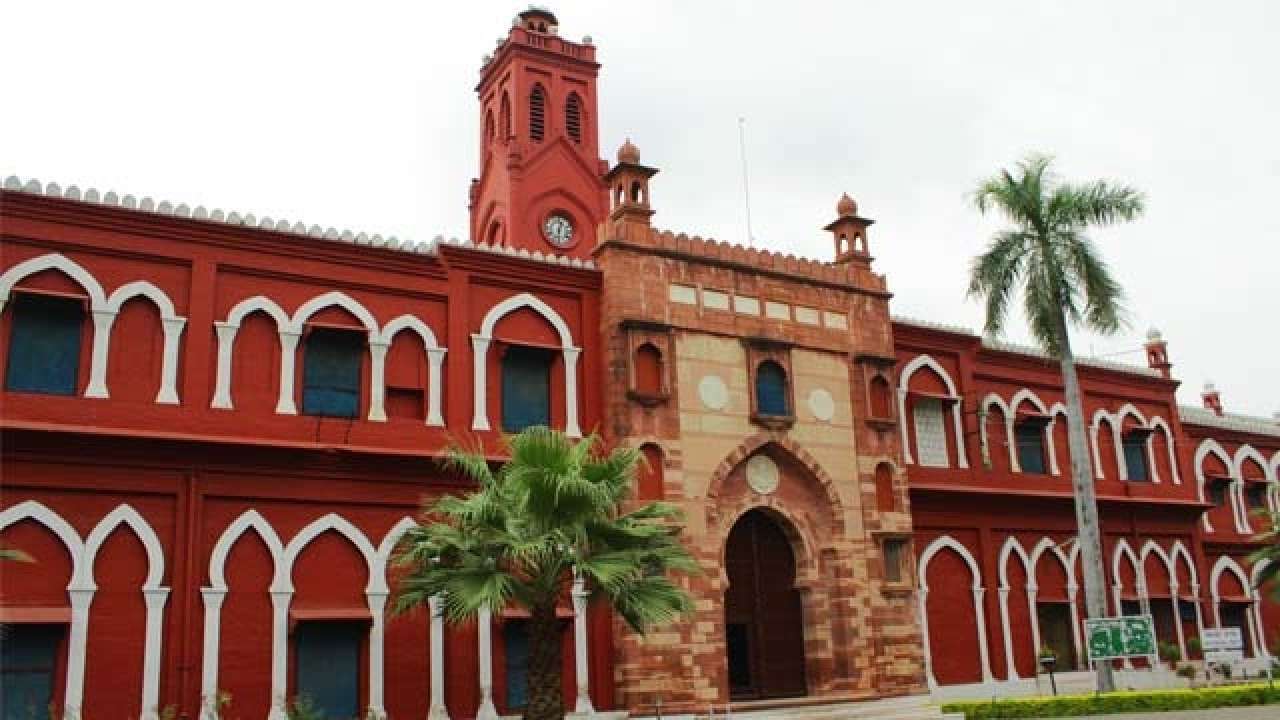AIMIM President, Asaduddin Owaisi, declared the Citizenship Amendment Act (CAA) as ‘unconstitutional,’ emphasizing that this law is based on religion. Speaking to the media, he expressed apprehensions about the potential implementation of CAA rules, particularly when coupled with the National Population Register (NPR) and the National Register of Citizens (NRC), which could impact Muslims, Dalits, and the economically disadvantaged across India.
Owaisi responded to reports indicating the readiness of the Centre to implement CAA rules before the Lok Sabha elections. The CAA, enacted in 2019, aims to grant Indian citizenship to persecuted non-Muslim migrants from Bangladesh, Pakistan, and Afghanistan, entered India until December 31, 2014. The law was specifically tailored for migrants belonging to Hindu, Sikh, Jain, Buddhist, Parsi, and Christian communities.
The Hyderabad MP criticized the potential implementation, citing it as a source of injustice. He demanded clarity from Prime Minister Narendra Modi regarding his Cabinet minister Giriraj Singh’s statement that the Ram temple is just the beginning. Owaisi urged the Prime Minister to address concerns about other religious sites mentioned in RSS lists.
Defending his stance on Babri Masjid, Owaisi emphasized the truth behind its demolition in 1992 and raised questions about accountability. He expressed concern about the recent cases filed on several mosques post the Babri Masjid case verdict.
Owaisi called for the Prime Minister to clarify the government’s position on the Places of Worship Act, 1991, to end controversies. He criticized Maharashtra Deputy Chief Minister Devendra Fadnavis for allegedly ‘celebrating’ the demolition and condemned Chief Minister Eknath Shinde for his statements about a historic dargah.
The AIMIM leader accused the BJP of playing politics with the Ram temple issue and claimed that Prime Minister Narendra Modi is diverting attention from critical issues such as unemployment, price rise, and China’s occupation of Indian territory.
Owaisi concluded by asserting his commitment to raising concerns about the Babri Masjid demolition, citing it as an exercise of his freedom of expression in a democratic framework.










































